Publications
Articles, publications, books, tools and multimedia features from the U.S. Institute of Peace provide the latest news, analysis, research findings, practitioner guides and reports, all related to the conflict zones and issues that are at the center of the Institute’s work to prevent and reduce violent conflict.
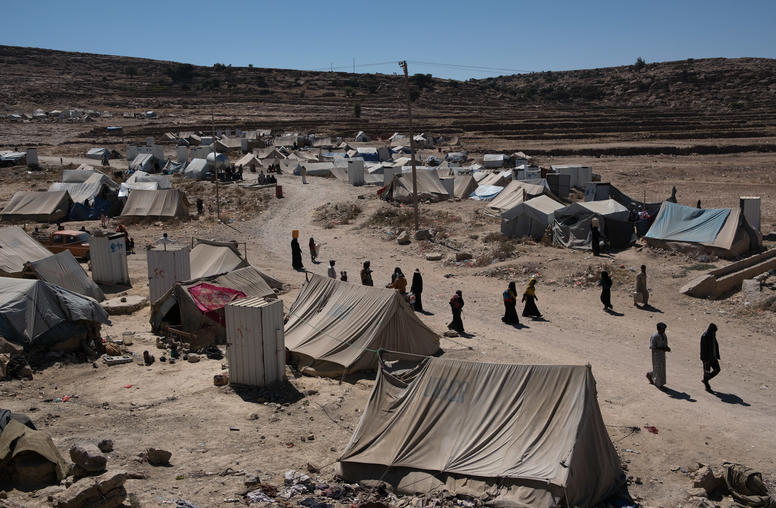
Beneath the Saudi-Iran Proxy War in Yemen, Part 2
The strategic clash between Saudi Arabia and Iran in Yemen masks multiple layers of conflict underneath that have deepened—and in some ways altered—the country’s fractures in local politics, society and security. The chaos has devastated Yemen, one of the world’s poorest countries, and has the potential to burst beyond the nation’s borders and further destabilize an already troubled region. It also allows the likes of the Islamic State (ISIS) and Al-Qaeda in the Arabian Peninsula (AQAP) to thrive.
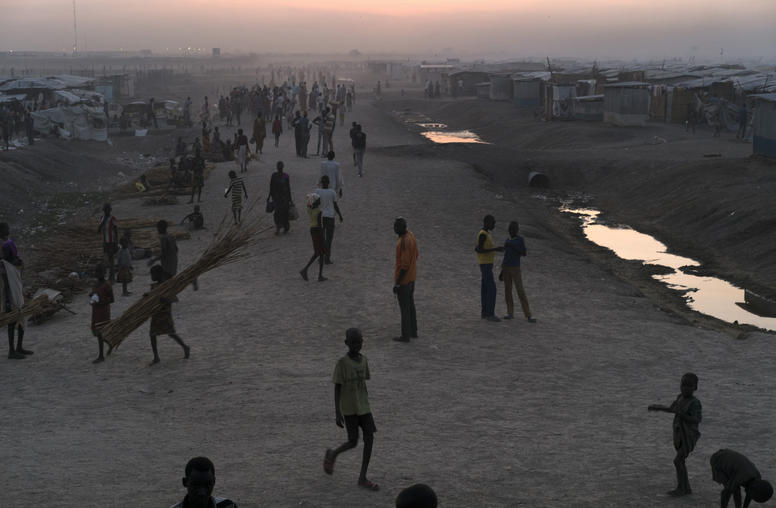
South Sudan Disaster Demands U.S. Attention, Coons Says
U.S. Senator Chris Coons, back from a recent trip to South Sudan, urged the Trump administration to make the conflict and humanitarian crisis in the African nation a priority. He also suggested that a special envoy might spur a peace process among the country’s warring factions.
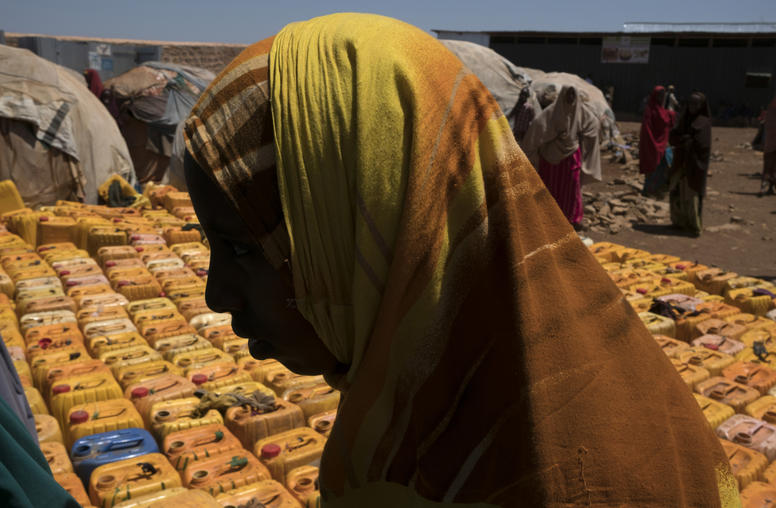
How Drought Escalates Rebel Killings of Civilians
The 2011 famine in Somalia, caused by a prolonged drought, killed an estimated 260,000 people. But this was more than a natural disaster. Amid the starvation, food shortages prompted rebels of al-Shabab, the armed group fighting Somalia’s government and spreading terror abroad, to attack local farmers to seize their food reserves, causing even more civilian deaths. It’s a pattern that plays out in rural regions across the developing world.
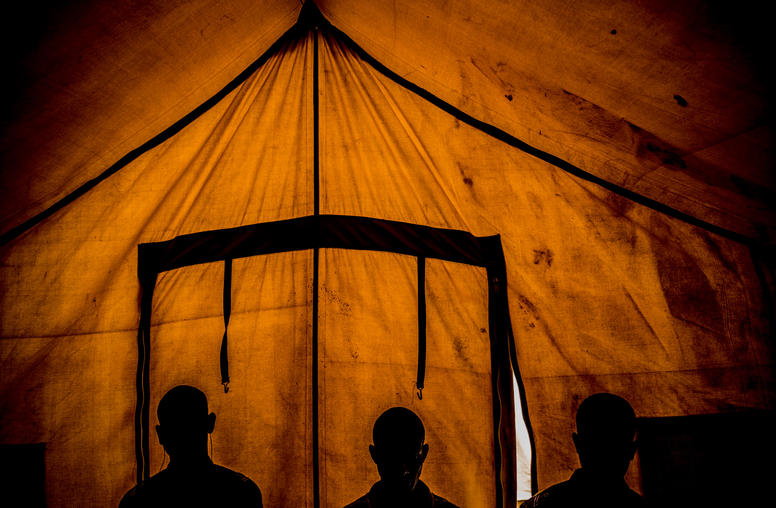
Defusing Violent Extremism in Fragile States
In Nigeria, a radio call-in show with local Islamic scholars provided an alternative to extremist propaganda. In Somalia, training youth in nonviolent advocacy for better governance produced a sharp drop in support for political violence. In the Lake Chad region, coordinating U.S. defense, development and diplomatic efforts helped push back Boko Haram and strengthened surrounding states. Such cases illustrate ways to close off the openings for extremism in fragile states, experts said in a discussion at the U.S. Institute of Peace.
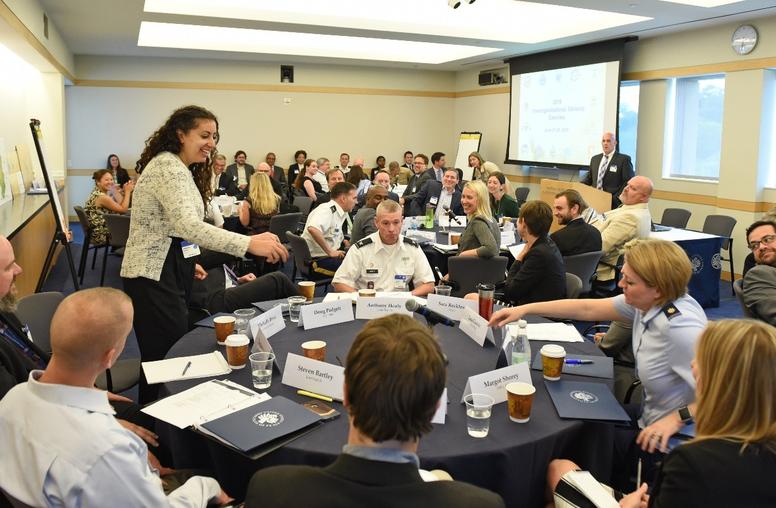
Lake Chad Exercise Demonstrates New Civilian-Military Approach
A group of senior U.S. military and civilian leaders recently agreed to find ways to work together more effectively to counter violent extremism in the volatile Lake Chad Basin of Africa, a region reeling from the casualties and destruction wrought for years by terrorist groups such as Boko Haram. The agreement emerged from a new exercise model...
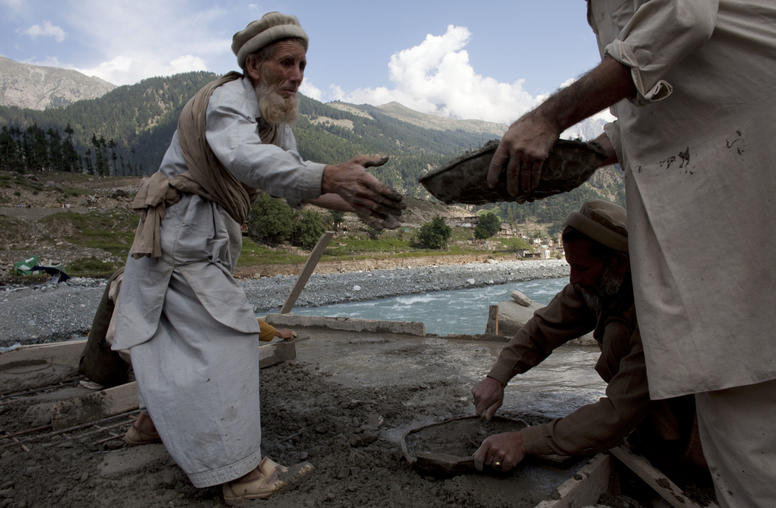
Can Pakistan Disaster-Prevention Tactic Apply to Politics Too?
In the past dozen years, Pakistan has been hit by eight earthquakes, including a magnitude 7.6 trembler that killed more than 86,000 people. The next quake in Pakistan is not a matter of if, but when. So the humanitarian community has focused on a game-changing idea known as resilience—taking actions...
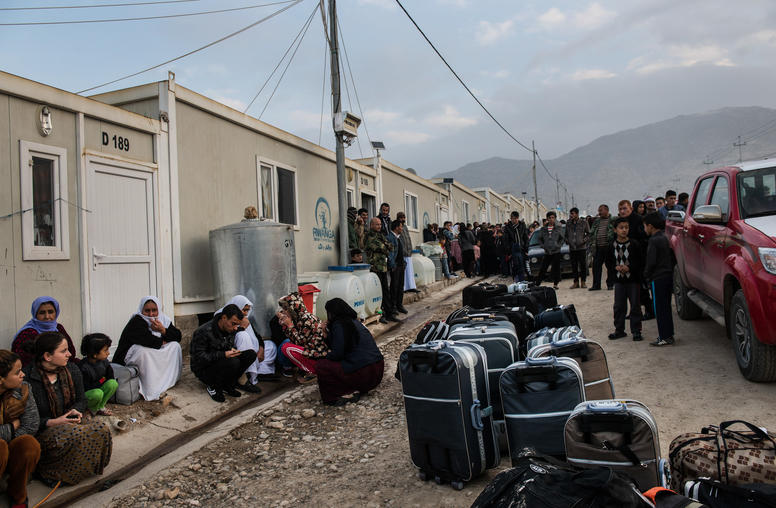
How Iraq’s Minorities Can Secure a Future After ISIS
As Iraqi and Kurdish forces recapture most territory from ISIS, the future of minorities in Iraq remains uncertain. To an even greater extent than Sunni and Shia areas destroyed by ISIS, minority communities face continuing security risks, humanitarian needs, a devastated economy and the imperative of reconciliation.
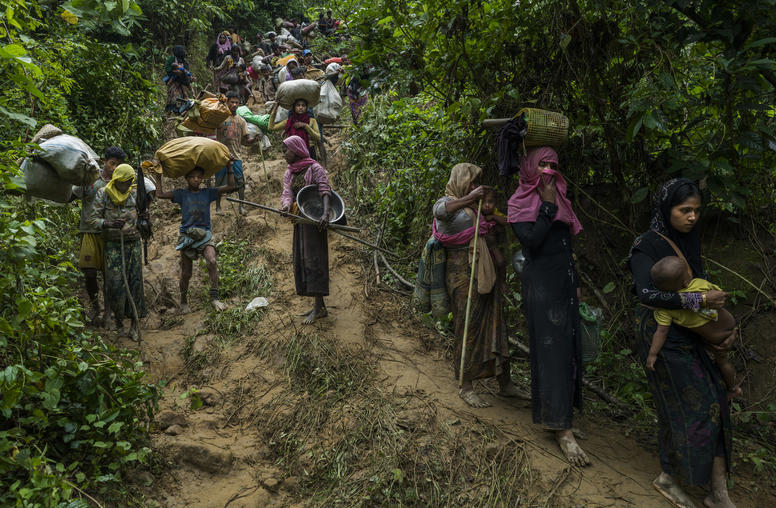
No Quick Answers on Burma’s Rohingya, Mitchell Says
The crisis of Burma’s Rohingya minority, with an estimated 164,000 already having fled to neighboring Bangladesh, can’t be resolved with any quick strokes such as sanctions or diplomatic pressure, said Derek Mitchell, a former U.S. ambassador to Burma and a senior advisor at the U.S. Institute of Peace.
Two Vital Steps on Burma’s Rohingya Crisis
As thousands more Burmese Rohingya refugees have poured into Bangladesh this week amid new images of their home villages burned, former U.S. Ambassador Derek Mitchell underscores the need for urgent humanitarian assistance, and continued international engagement with the Burmese government to halt the violence in Burma’s western state of Rakhine.
On Famine Caused by Conflict, U.N. States Must Be Bold
The global surge in humanitarian emergencies related to violent conflict, including looming famines in northeast Nigeria, Somalia, South Sudan and Yemen, are on the agenda of world leaders meeting at the United Nations General Assembly this week. With 20 million people across four countries on the brink of starvation...